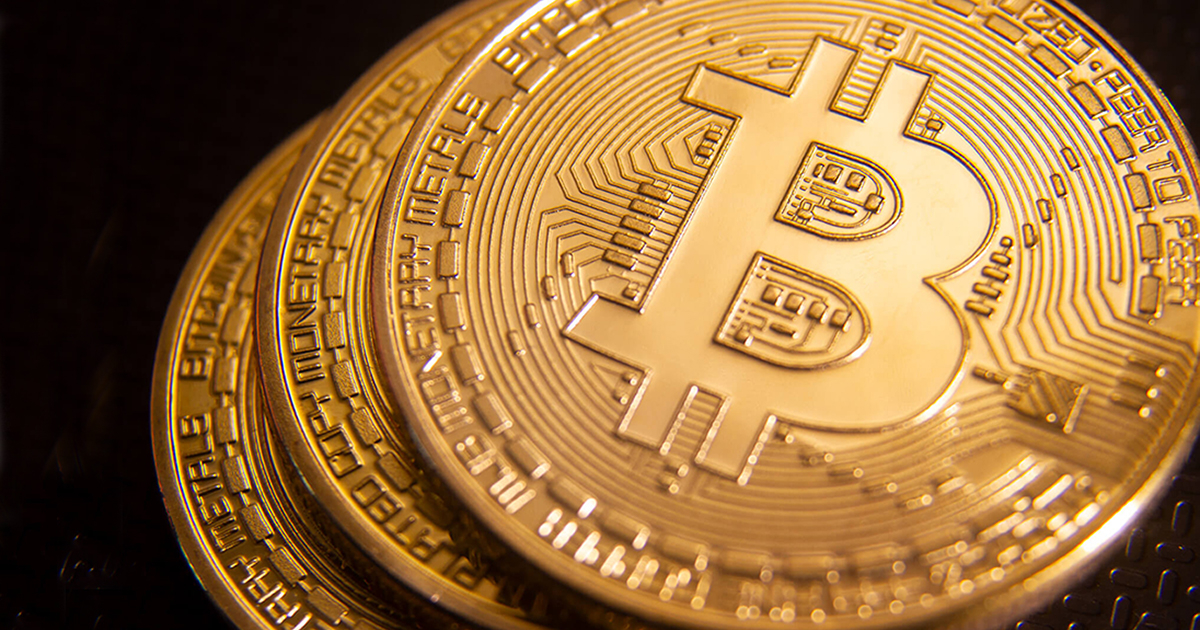
3 | 18/02/2021 – 15:24 (GMT-4)
The U.S. Treasury Department has fined BitPay, a private company based in Atlanta, Georgia, for facilitating the processing of bitcoin payments to Cubans living on the island.
The Office for the Control of Foreign Assets (OFAC), which applied the sanction, indicated in a release that the company must pay more than half a million dollars ($ 507,375) “to settle any civil liability” for violating the embargo on Cuba.
This is the first OFAC sanction related to Cuba since then Joe Biden took over the presidency on 20 January.
“BitPay has allowed people who appear to have been located in the Crimean region of Ukraine, Cuba“North Korea, Iran, Sudan and Syria will trade with traders in the United States and elsewhere using digital technology,” the statement said.
“BitPay has allowed people in these jurisdictions to make transactions of up to $ 129,000 related to digital currency,” explains OFAC.
According to the official report, between June 10, 2013 and September 16, 2018, BitPay processed 2,102 transactions on behalf of individuals who, according to IP addresses and information available on invoices, were in Cuba.
“This conduct led to apparent violations of Executive Order 13685 of December 19, 2014,” including the Cuban Regulation on Asset Control, the publication said.
He states that the amount of the civil monetary sanction applicable for such violations is $ 2,255,000, but in view of some mitigating factors, the amount of USD 507,375 was agreed.
The last of the sanctions imposed on US companies to promote trade with Cuba is also linked to cryptocurrency transfers and took place in December last year, when the Treasury Department fined technology company BitGo, from Palo Alto, California, which provided the digital wallet service to people located in Cuba.
Several Washington-sanctioned countries, including those listed as sponsors of terrorism by the State Department, are prone to using cryptocurrencies in their international transactions to evade financial controls. The regime of Nicolas Maduro in Venezuela is among the supporters of the way of digital checks through Petro.
One month earlier, OFAC forced Western Union to close its operations on the island after 21 years of service, delivering remittances to Cubans.
The Donald Trump administration’s sanction against FINCIMEX, attached to CIMEX and under the control of the GAESA military, officially entered into force on November 27 and was a severe financial blow to the Cuban regime, which referred to the measure as an assault. .
Restoring the latter service will depend on President Joe Biden deciding to restore the service delivery services by Western Union in Cuba, but so far the administration has not ruled on the matter.
However, the day before, Cuban-American leaders joined a bipartisan petition to Biden so that his administration would not soften politics or open negotiations with Cuba until democratic progress is made on the island.
Democratic Sen. Bob Menéndez, currently Washington’s top Cuban-American politician, and Republicans Marco Rubio and Rick Scott, along with Congressmen Carlos Giménez, Mario Díaz Balart and María Elvira Salazar, and Miami mayors Hialeah, Coral Gables and Doral, called on the President to maintain the policy of sanctions against Havana and to call for an end to human rights violations in the Caribbean country.